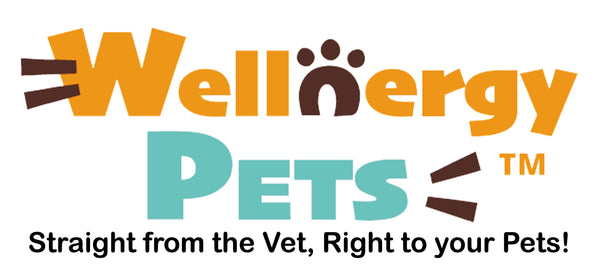Without a doubt, I can count on every single new dog owner to ask me this question:
‘What are safe chew toys for dogs that I can give?’
This is a common question from clients, because, well, dogs just naturally like to chew! They use their mouths as their hands, and their tongues as their fingers and like any human infant, puppies will put anything and everything into their mouths. While the chewing tapers off after they stop teething (at around 7 months old), it honestly never really stops.
So what should dog owners look for when choosing safe chew toys for dogs? Taking a quick trip to the local pet supply store can be overwhelming with all the options that are available: stuffed animals, rope toys, rawhide bones, natural bones, plastic toys, and more. You probably end up thinking to yourself: whats a good option for my pet? And none of those options can be bad, right?
Unfortunately, many of these options you see can actually be very bad for some dogs, and for many different reasons. I generally have four important rules of thumb I like to stick to.
1. Watch your dog’s interactions with every new chew.
Different dogs will play differently with their chews. Some dogs will rip apart a stuffed animal within minutes. Some dogs will shred and eat the green fuzz off of tennis balls. Some dogs will swallow large chunks of rawhide bones. The biggest problem here is that these dogs may end up swallowing parts of their chew, but are unable to pass or digest them. I can’t count the number of times I have had to rush a dog into emergency surgery to remove a squeaker or shreds from a rope toy. The sad thing is, a quarter of these dogs don’t make it, and a well-intentioned chew toy can end up taking a life.
2. No Real Bones
While this one can be somewhat controversial to pet owners, especially with the raw diet movement in recent years, as a veterinarian, I strongly recommend against giving bones of any kind (this statement is seconded by Dr. Liao), which includes raw or cooked smaller bones like from a chicken, or large and hard bones like a beef knuckle bone or deer antler. While these can seem natural and be delicious to our furry friends, the truth is, I see too many incidents where small bones splinter and cut the esophagus or stomach, while slightly larger pieces can get stuck in the throat or stomach. Hard bones, on the other hand, rarely cause the above issues because they are difficult for dogs to break apart. However, the problem with these is that they often break teeth. A good tip to determine whether a chew is too hard is if you cannot indent it with your fingernail.
3. Give Easily Digestible Chews
Carrots and apples (without the seeds) are actually great, crunchy chews for dogs that are also very healthy and easily digestible. For dogs that are not so keen on eating their vegetables, digestible dental chews are a good option as well.
4. Other Safe Alternatives
If your main goal is to give your dog something to occupy their time, then stuffed toys or treat puzzles can also be a good option. Kongs stuffed with frozen kibble and peanut butter can last a while as they work at getting every tasty morsel, while puzzle treats train their brains to solve problems.
Puppies and dogs alike need chews when teething or just as entertainment and stimulation. There are absolutely many safe and tasty choices for every pup out there. Hopefully, I’ve given you some good ideas on what to look for! Please feel free to reach out to our team on Facebook, Instagram, e-mail, or in the comments section if you have any other questions.
About the Author:
 Dr. Debra Chen, D.V.M. has been a practicing companion animal veterinarian for over three years in the San Francisco Bay Area. Prior to moving to the Bay, she received both her veterinary and undergraduate degrees at the University of Minnesota. After spending a third of her life in Taiwan, she is also fluent in Mandarin Chinese. Her veterinary interests include preventative medicine, animal behavior, and surgery. When not practicing medicine, Dr. Chen can be found camping, hiking, eating, or traveling with her husband and Formosan Mountain Dog, Tuna. They also share a home with their two feline overlords, brown tabby cats Cairo and Khaleesi.
Dr. Debra Chen, D.V.M. has been a practicing companion animal veterinarian for over three years in the San Francisco Bay Area. Prior to moving to the Bay, she received both her veterinary and undergraduate degrees at the University of Minnesota. After spending a third of her life in Taiwan, she is also fluent in Mandarin Chinese. Her veterinary interests include preventative medicine, animal behavior, and surgery. When not practicing medicine, Dr. Chen can be found camping, hiking, eating, or traveling with her husband and Formosan Mountain Dog, Tuna. They also share a home with their two feline overlords, brown tabby cats Cairo and Khaleesi.

